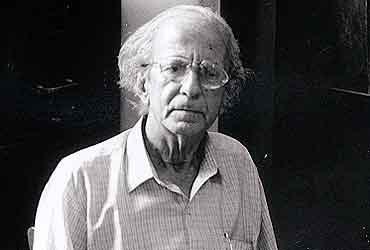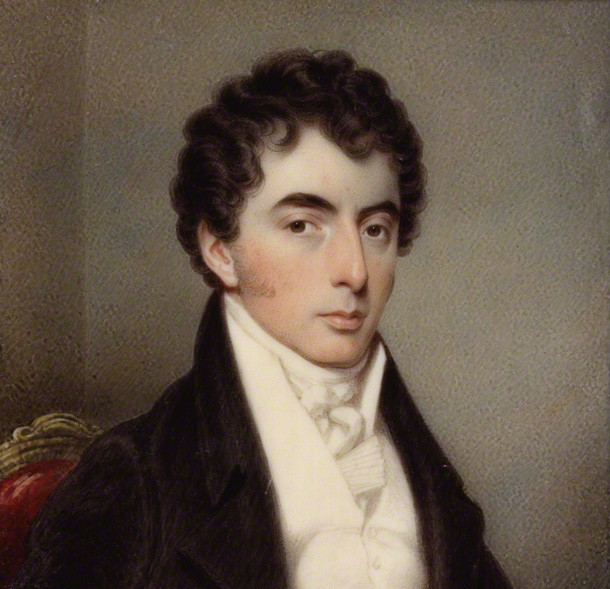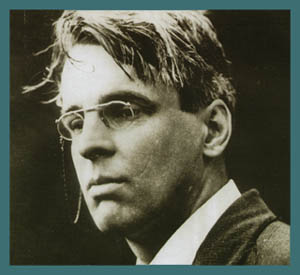This poem summary focuses on the elegy ‘Memorial Verses’ by the Victorian poet Matthew Arnold. This is Arnold’s tribute to the Romantic poet William Wordsworth, but he also talks at length about Byron and Goethe (the German poet), both of whom are contemporaries of Wordsworth. In this context, Arnold also talks more generally about the age preceding his own time – the Romantic age. However, this discussion ultimately leads him to voice the anxieties of the Victorian era. Go through the detailed summary of Memorial Verses by Matthew Arnold.
Memorial Verses by Matthew Arnold Summary
‘Memorial Verses’ is made up of eight stanzas. Each of these eight stanzas is again made up of varying numbers of lines. The first stanza consists of five lines. Arnold here speaks in his own person. He implies that the three great poets of the Romantic era were Byron, Goethe, and Wordsworth. Byron and Goethe had already passed away, and they lie buried at Weimar and Greece respectively. But the last great voice among the Romantics, that of Wordsworth, has also quieted down now and he is confronted only by Wordsworth’s tomb and not his person. This makes Arnold melancholy, and provides the occasion for writing ‘Memorial Verses’.
The second stanza consists of nine lines. In this stanza, Arnold speaks only about Byron, outlining both the strengths and weaknesses of his poetry. Arnold says that Byron’s death affected people not because his poetry had been didactic and taught us to be wise, but because the emotions his poetry had roused could not be put to rest as easily as his corpse had been. Byron, he says, struggled between the passion that stood to overcome him all times and the dictates of the Christian religion, which preach moderation in all things. This struggle Arnold describes as being “Titanic”, and says its very force turned Byron into a volcano – liable to erupt at a moment’s notice.
The third stanza consists of eight lines. In this stanza, Arnold focuses exclusively on Goethe. Goethe, unlike Byron, appeared to be at times a sage and at times a physician to Arnold. In either case, Goethe was both a possessor and a propagator of profound knowledge. This is especially remarkable in an age of mechanisation, such as the one in which Goethe lived and wrote. His greatest strength lay in the fact that he could diagnose all the sufferings of the human race and provide remedies for them as well.
The fourth stanza consists of eleven lines. Here Arnold continues to speak about Goethe, and says that Goethe could see that life on the Continent (of Europe), as he knew it, was dying away. He could see that all cultural and poetic impulses were being trodden underfoot by the effects of industrialization. In addition to this, wars were being fought to keep alive an arms race. In the midst of this situation, Goethe still had faith in the power of art to liberate man from his terror and distress, and was happy to take refuge in art for that reason.
The fifth stanza consists of seventeen lines. In this stanza, Arnold finally arrives at the subject of William Wordsworth. Wordsworth, he says, should be warmly welcomed into the realm of ghosts, for besides Orpheus, no voice as soothing as Wordsworth’s has ever been carried to the afterlife. In fact, Arnold urges the pale ghosts to rejoice in Wordsworth’s voice as we human beings had done before them. Like Goethe, he had lived in a time when machines had made the human heart go numb of all emotions. However, he unravelled the knots of in souls and made us both laugh and cry without hesitation. It brought us relief when we could see nothing of the sort in sight.
The sixth stanza consists of seven lines. In this stanza, Arnold gives the impression that all of our souls had been dead until Wordsworth arrived on the scene and brought them back to life. He did so by evoking memories of our youth, when we could experience both sun and rain with the same kind of readiness, cold take both joy and sorrow in our stride.
The seventh stanza consists of thirteen lines. Here Arnold says that since light always follows darkness, and history repeats itself, we may encounter minds like Goethe’s and Byron’s with their wisdom and their passion once again. But the healing power of a mind like Wordsworth’s will be hard to come by. In the face of our unchangeable fate, other poets will teach us to be brave and to endure all hardships, but no one will be able to turn our mind to the silver lining that lurks behind every dark cloud as Wordsworth had. Thus no poetry of the Victorian era will be able to calm the minds of the multitude, and will concentrate on problems rather than on solutions. This is a cause for anxiety in Arnold’s estimation.
The seventh and final stanza consists of four lines. Here Arnold urges the river Rotha, on whose banks Wordsworth lies buried, to freshen his grave everyday with its serene waters. This would be Rotha’s way of repaying Wordsworth for writing many beautiful poems about the times he had spent near the river while he was still alive. Suggested reading: Memorial Verses Analysis
Keywords: memorial verses summary, memorial verses by Matthew Arnold, matthew arnold poems, memorial verses meaning, memorial verses explanation
Some online learning platforms provide certifications, while others are designed to simply grow your skills in your personal and professional life. Including Masterclass and Coursera, here are our recommendations for the best online learning platforms you can sign up for today.
The 7 Best Online Learning Platforms of 2022
- Best Overall: Coursera
- Best for Niche Topics: Udemy
- Best for Creative Fields: Skillshare
- Best for Celebrity Lessons: MasterClass
- Best for STEM: EdX
- Best for Career Building: Udacity
- Best for Data Learning: Pluralsight















